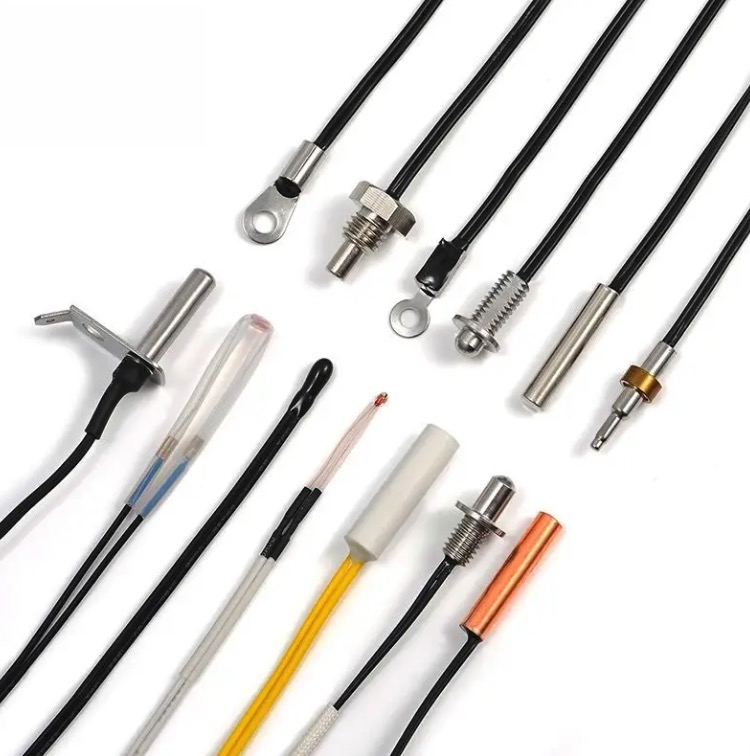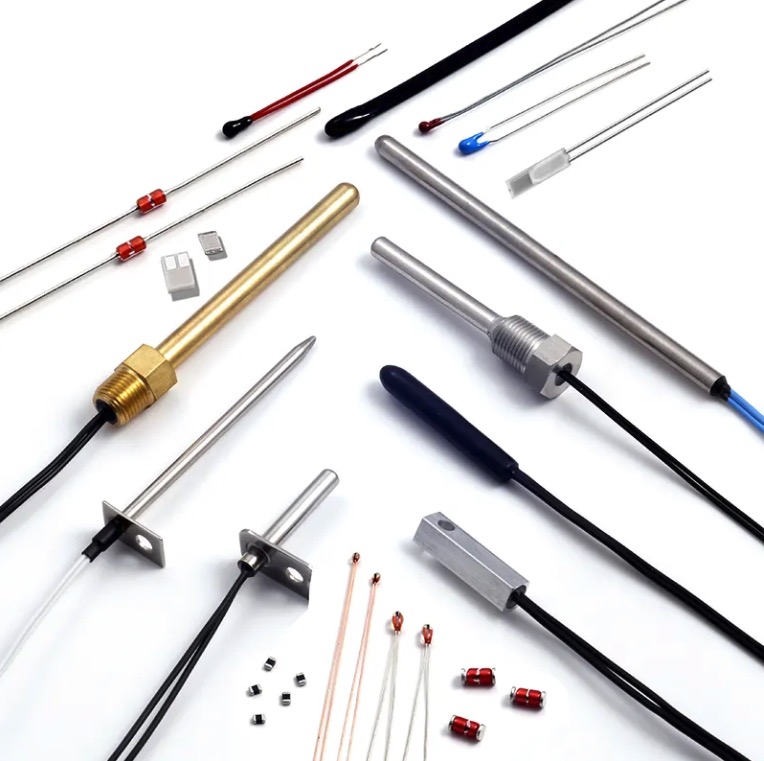Maximizing Efficiency and Accuracy with Remote Temperature Monitoring Device
Article Abstract:
- Introduction
- The Importance of Remote Temperature Monitoring
- Key Features to Look for
- Benefits for Various Industries
- Conclusion
Introduction
In today’s fast-paced world, businesses and industries are increasingly relying on innovative technologies to streamline operations,
enhance efficiency, and ensure quality. One such technology that has gained prominence is the remote temperature monitoring device.
This article explores the significance and benefits of these devices in various settings, shedding light on their key features and
potential impact across industries.
The Importance of Remote Temperature Monitoring
Remote temperature monitoring plays a critical role in maintaining the integrity of sensitive products and environments. Whether it’s
the pharmaceutical, food, or healthcare sector, accurate and real-time temperature monitoring is essential for preserving the quality
and safety of goods and assets. By leveraging advanced sensors and wireless connectivity, remote temperature monitoring devices offer
a proactive approach to managing temperature-related risks, thereby preventing costly damage and ensuring compliance with industry
regulations.
Key Features to Look for
When selecting a remote temperature monitoring device, it’s important to consider key features that align with specific operational
needs. These may include high-precision temperature sensors, customizable alerts and notifications, cloud-based data storage, and
seamless integration with existing systems. Furthermore, advanced analytics and reporting capabilities empower users to gain
actionable insights, allowing for informed decision-making and optimization of processes.
Benefits for Various Industries
The benefits of remote temperature monitoring extend across diverse industries. For instance, in the pharmaceutical sector, these
devices aid in preserving the efficacy of medications and vaccines, safeguarding public health. Similarly, in the food industry,
maintaining optimal storage and transportation conditions is pivotal for preventing spoilage and upholding quality standards. From
laboratories to warehouses, the application of remote temperature monitoring devices empowers organizations to uphold rigorous
quality control measures while streamlining operational workflows.
Conclusion
In conclusion, the adoption of remote temperature monitoring devices presents a compelling opportunity for organizations to elevate
their operational resilience and quality assurance practices. By harnessing the power of real-time data insights and proactive
risk management, businesses can mitigate potential losses and demonstrate unwavering commitment to excellence. As industries
continue to evolve, integrating these cutting-edge solutions will undoubtedly pave the way for enhanced efficiency and peace of
mind in temperature-sensitive environments.




